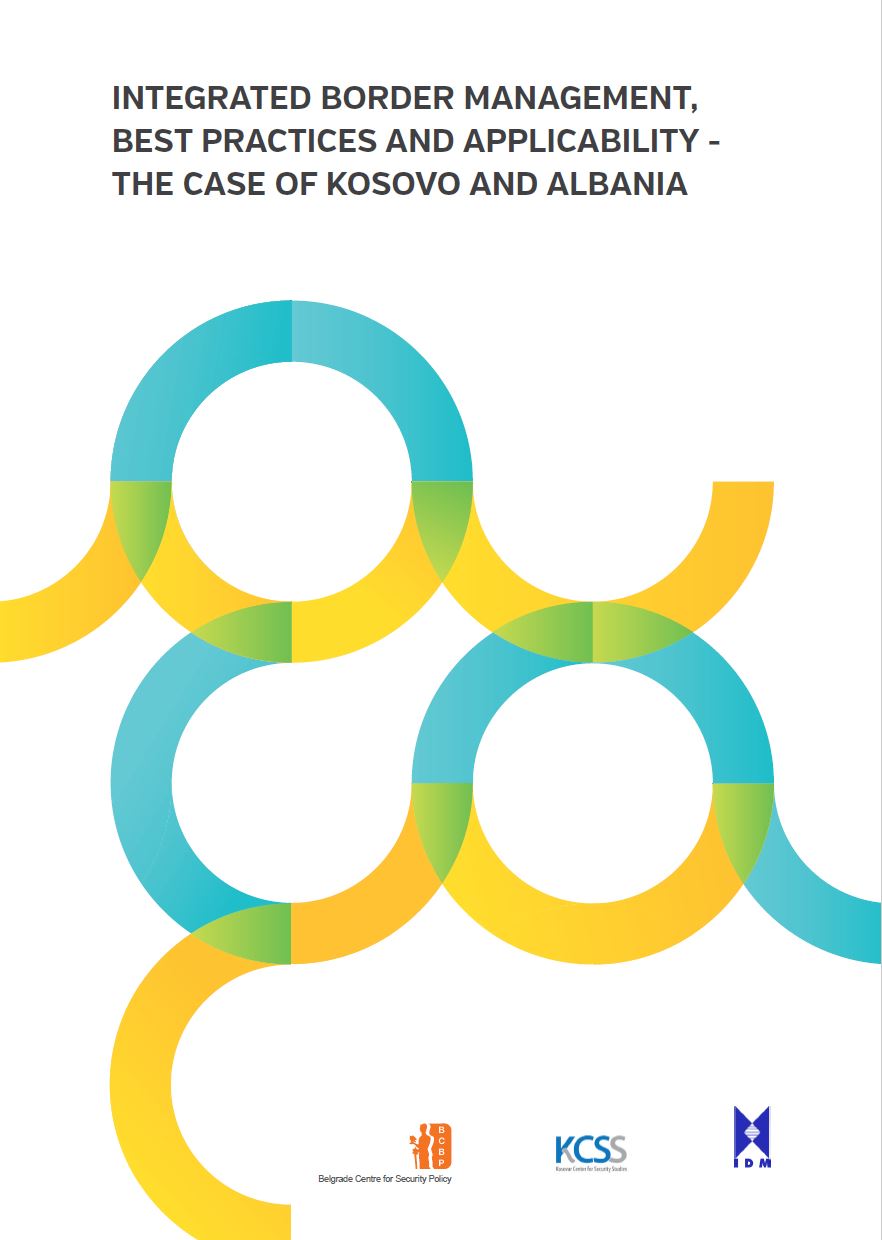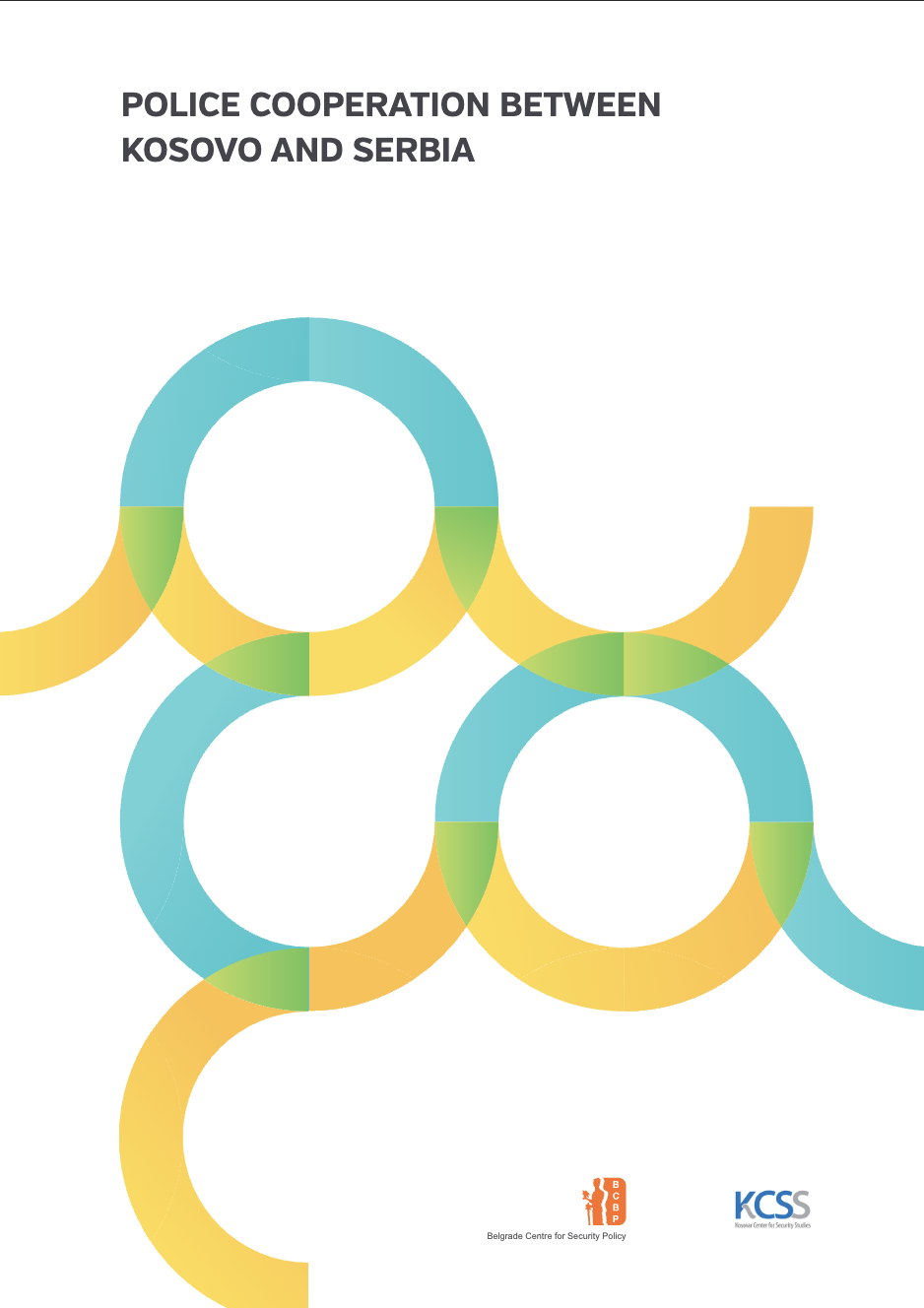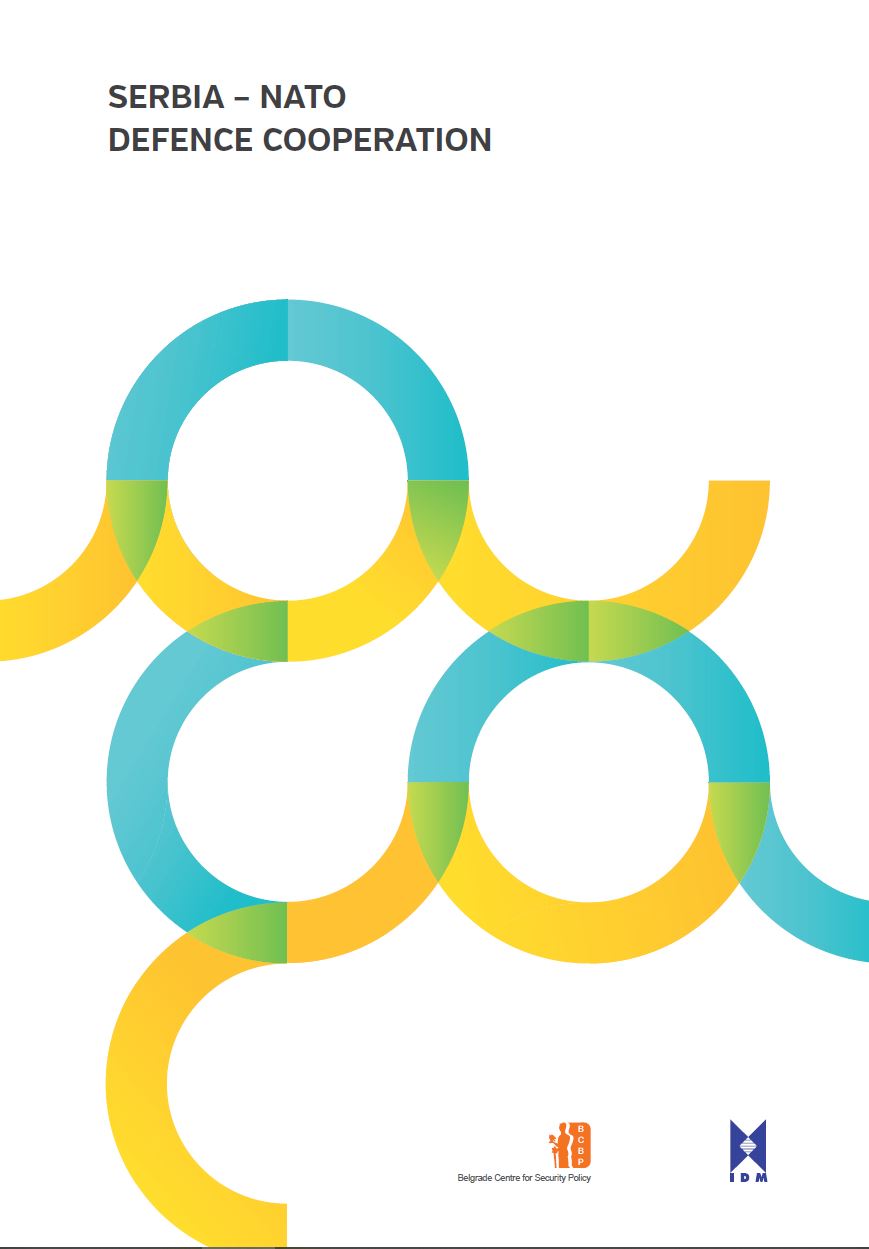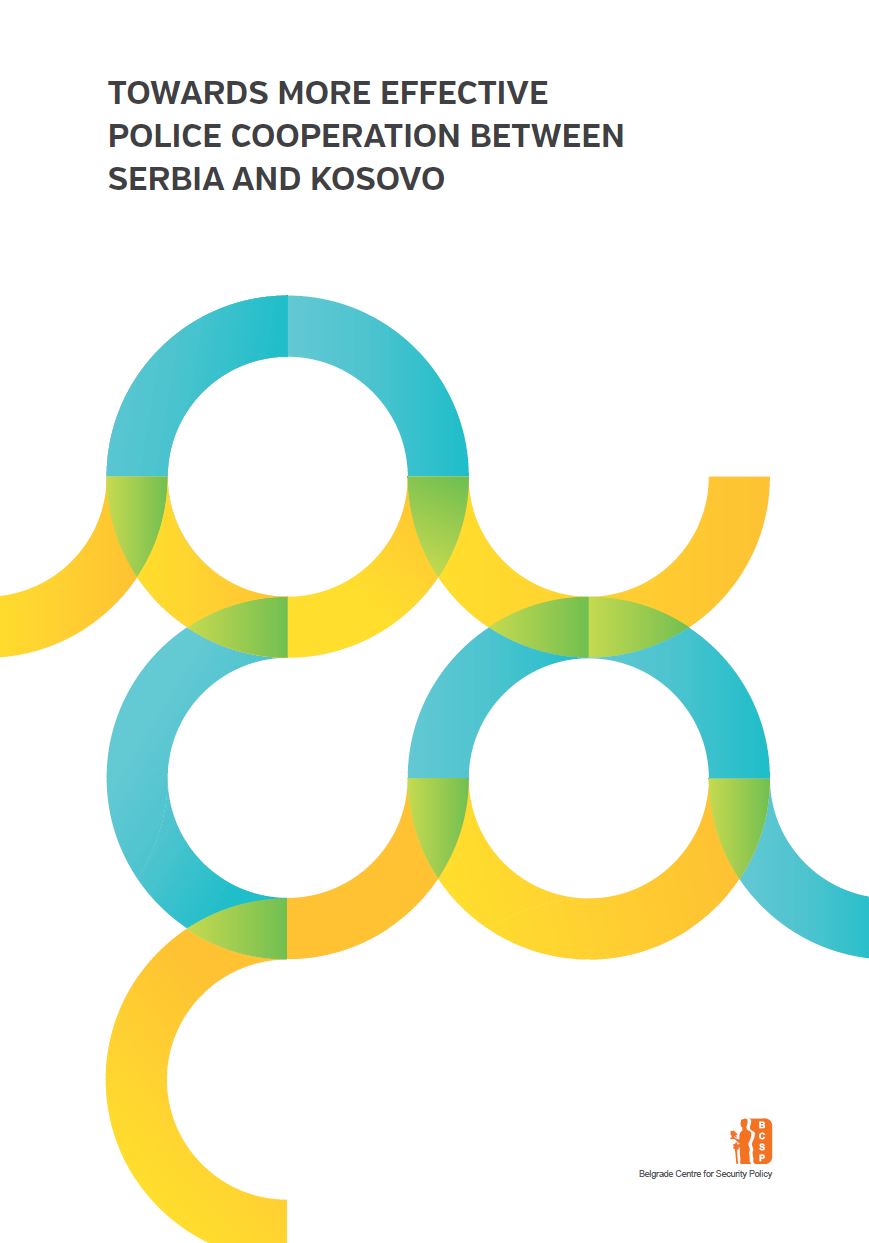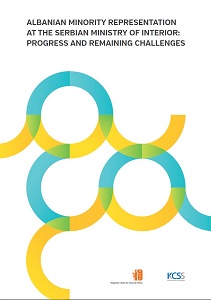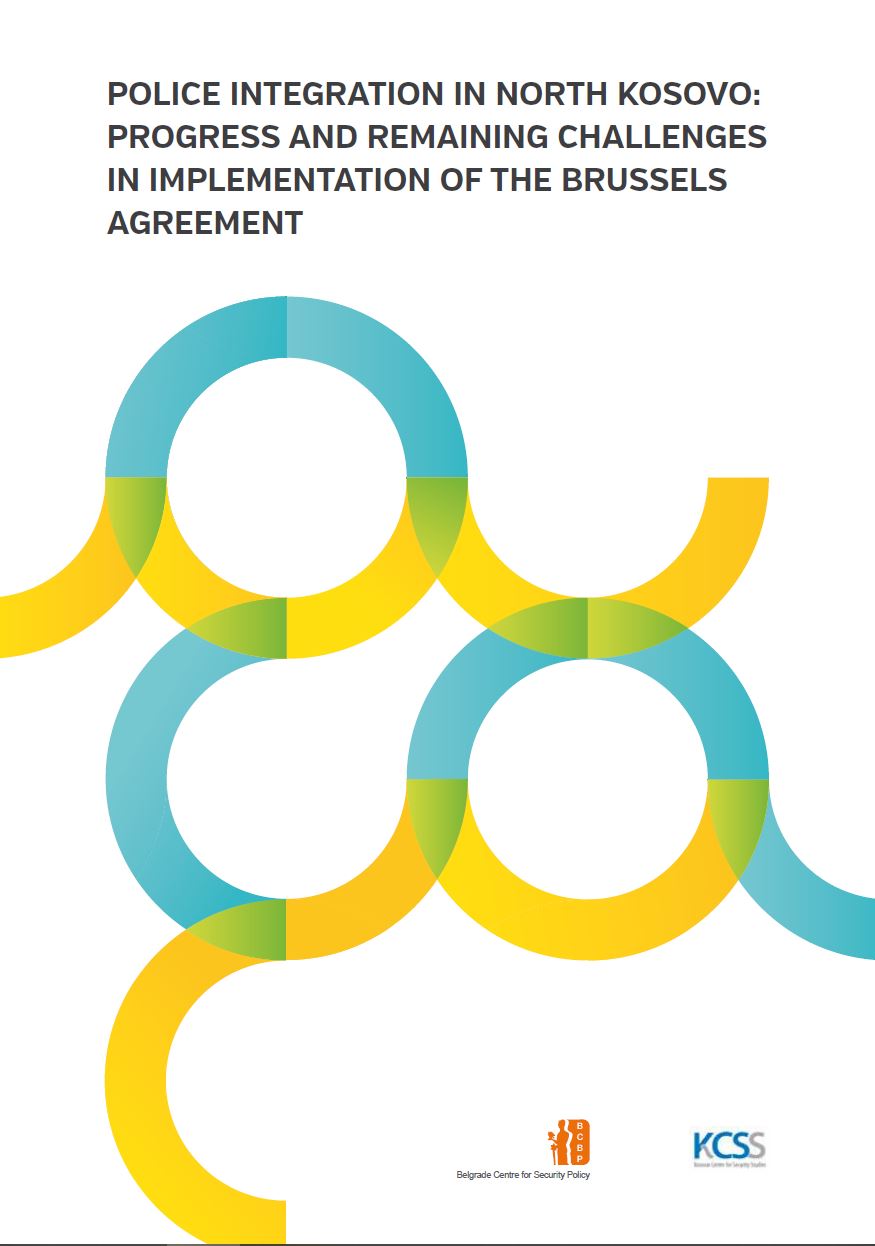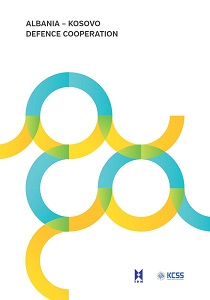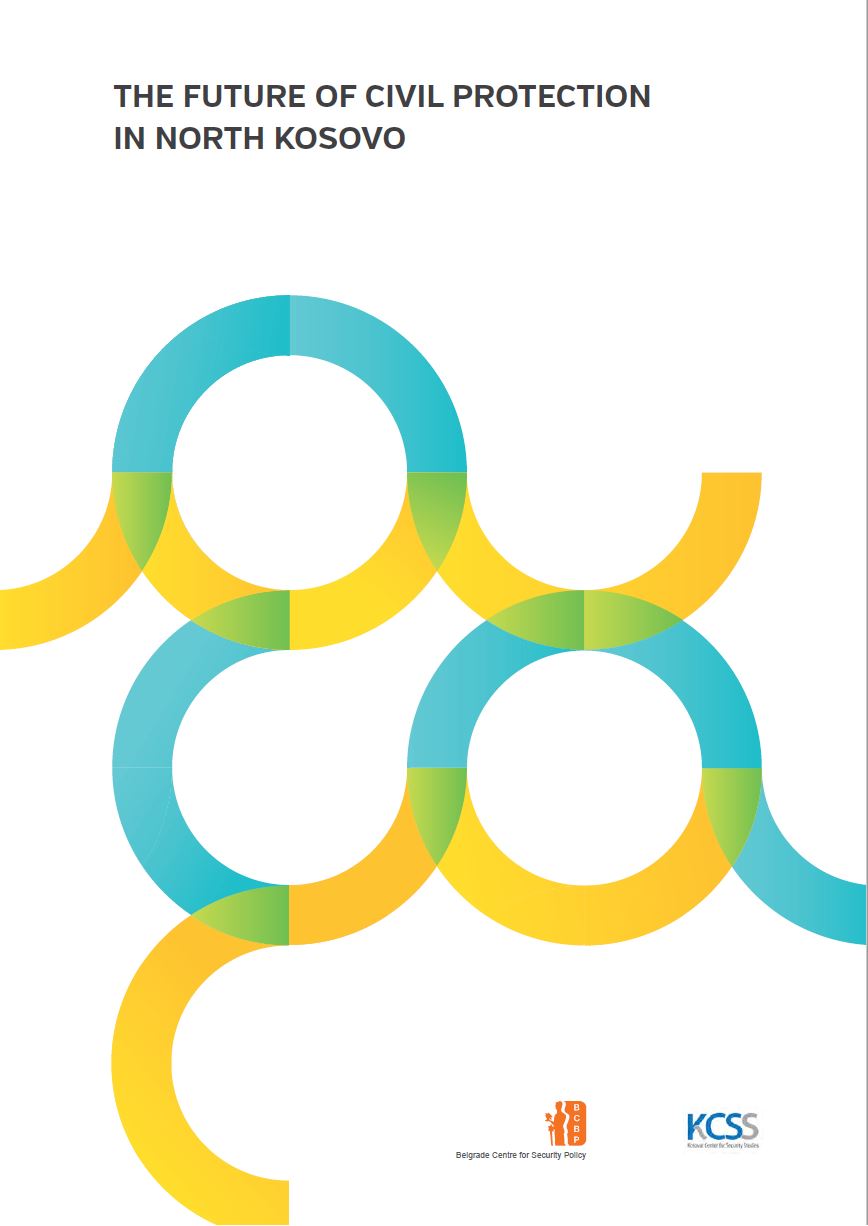
The Future of Civil Protection in North Kosovo
The Future of Civil Protection in North Kosovo
This paper presents an independent analysis of the current state of the Civil Protection (CP) units in the four municipalities which consti¬tute North Kosovo, and suggests possible solutions for their future. This project has been developed jointly by two think tanks: the Belgrade Centre for Security Policy and the Kosovar Centre for Security Studies in Prishtinë/Prishtina.1 Civil Protection units in North Kosovo operate outside Kosovo’s legal framework, despite the fact that the Brussels Agreement implicitly envisages the dissolu¬tion of all parallel Serbian security structures existing in Kosovo. While the Serbian com¬munity in North Kosovo sees CP as a civilian structure with the sole purpose of providing assistance to civilians in emergency situa¬tions, the Kosovo government, as well as the international institutions which operate in Kosovo, perceive CP as an illegal paramilitary structure that must be dissolved.
More...
